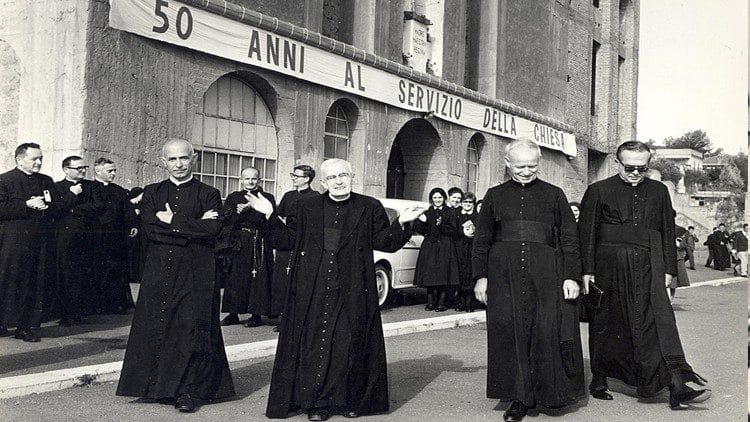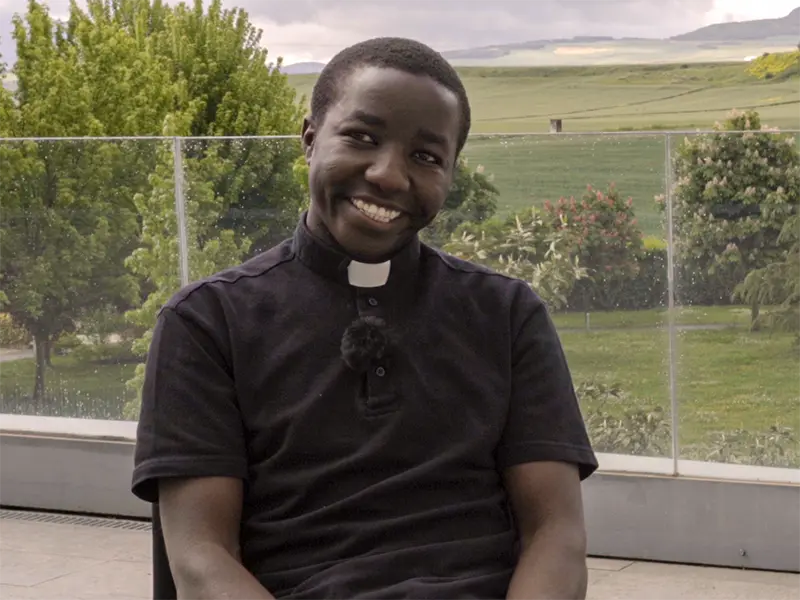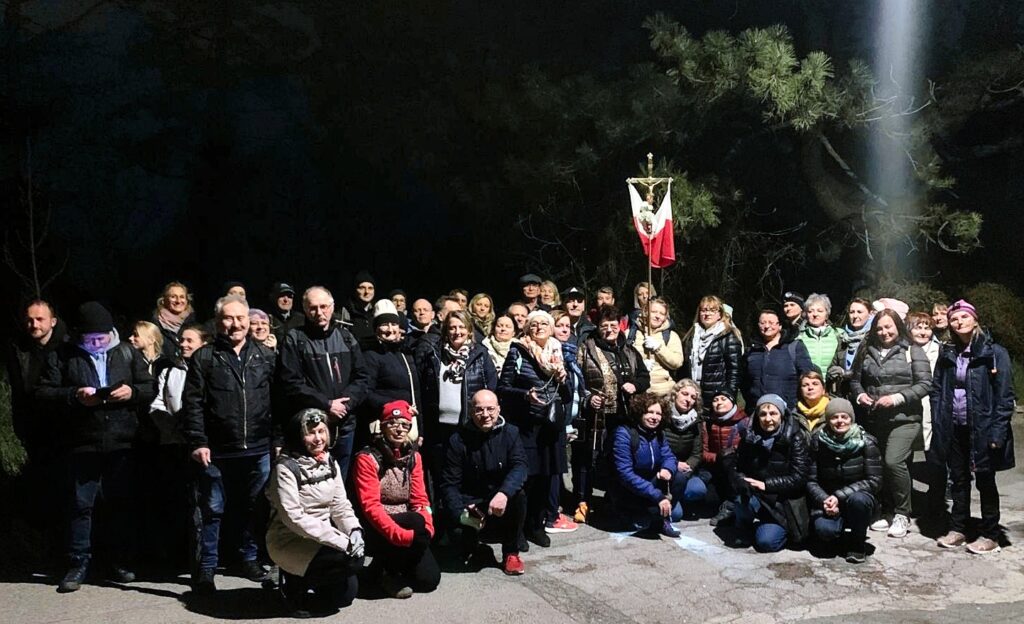Prepare for the mission
Blessed Alberione: His incessant search for the Lord and his will as well as the strong desire to put into practice everything beautiful, good and true that He was learning in his studies and religious formation

Physically, Don Alberione was a man of below average height, thin and fragile. His beauty was entirely spiritual, in fact morally he was a giant; He had the talent of a winner like few others, and the foundations born from his heart and his industriousness attest to it. To the extent that it depended on him, he hid as much as he could. Precisely for this reason it can be repeated with the Magnificat, that he was the humble exalted one and that his humility was the root of his greatness.
He recognized that everything he had managed to do was the work of God and, in fact, he feared hindering and damaging him with his inadequacies, his inconsistencies, his faults. Before committing to action, he put prayer at the base of everything. Then came the impulses, the very firm decisions that seemed sudden, but which had behind them long hours of silence, of solitude, of conversations with Jesus the Eucharist.
After the call to the priesthood, which he heard when he was still very young – “I will be a priest”, he answered the teacher who asked him what he would do when he grew up – and after the years spent in the seminary in Bra, which was followed by entry in the seminary of Alba, both in Italy, and the night of adoration on December 31, 1900, the young seminarian prepared for his mission with extraordinary seriousness and commitment, which constitutes a great encouragement for his sons and daughters of today and from the future.
In fact, in the years of preparation for the priesthood, study together with spirituality constitute the backbone of the young Alberione’s formative itinerary. He writes of himself: “For five years he read, twice a day, a section of Rohrbacher’s Universal History of the Church; for another five years, that of Hergenrother; For eight years, in his free time, he read Cantù’s universal history, extending to the history of literature, art, war, navigation, music in particular, law, religions, philosophy”.
After his ordination, which took place on June 29, 1907, Don Alberione, in addition to the position of spiritual director of the seminary, which he held until 1920, held other positions, including professor of civil history at the high school, history and ecclesiastical liturgy, art history; He was a master of liturgy and art and taught pastoral theology to new priests. He performed the task of librarian at the seminary, was a professor of religion at the male Oratory of Alba, director of the Dominican tertiaries of the Diocese, etc.
This impressive sequence of activities and responsibilities of the Founder leaves us speechless, revealing the fire that burned within him, his incessant search for the Lord and his will as well as the strong desire to put into practice everything beautiful, good and true that He was learning in his studies and religious formation: truly a wonderful model in which to inspire and imitate us, sons and daughters of Don Alberione in the 21st century.
The Founder knew how to read the “signs of the times”, he felt that it was time to do something “new”. He wrote in 1922: “The four pious women who take communion every morning, the four young people who gather every afternoon around the priest, are not the whole city, they are not the whole town: many other sheep are outside the fold. The Pastor must go to them: today we go to these souls with the press. In the past it was enough to wait for people in the Church, today it is necessary to go look for them at home, in the field, in the workshop: those who love souls do so.
According to the teaching of Don Alberione, all human inventions must be put at the service of the Gospel: each printing machine becomes a pulpit for him; the newspaper, the movie, the record must be transformed into an announcement of salvation. And today, in the age of the Internet and social media, we are increasingly invited to “inhabit” this communicative environment to be a meaningful Pauline presence, so that the Gospel can reach everyone, far and near.
Father Vito Spagnolo, SSP
Related

“Being Catholic in Tanzania is a source of pride”
Fundación CARF
16 April, 2025
6 min

The Vatican Suppresses the Sodalitium of Christian Life After a Long Discernment Process
Exaudi Staff
15 April, 2025
1 min

From Kahlenberg to the Papal Cross – Polish Night Way of the Cross in Vienna
Heschel Centre for Catholic-Jewish Relations at the Catholic University of Lublin
15 April, 2025
2 min

“I Will Never Be Herod for the Innocents”
Wlodzimierz Redzioch
14 April, 2025
6 min
 (EN)
(EN)
 (ES)
(ES)
 (IT)
(IT)

